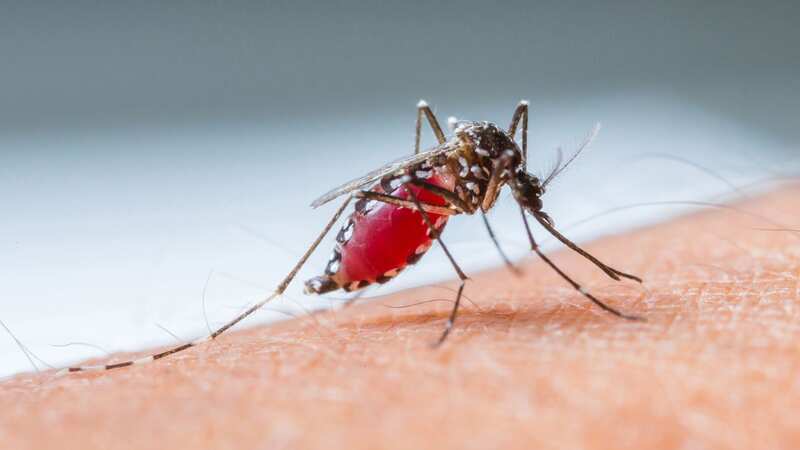Scientists one step closer to ‘finally eradicating’ deadly malaria
Scientists say they are one step closer to finally eradicating deadly malaria after a chance discovery.
Researchers in Spain say they found natural bacteria in mosquitoes that could be key in the fight against the disease. The strain, called TC1, is found in the bugs' stomachs and can stop them from passing on malaria.
They discovered it after realising they could not get the mosquitoes to carry a common and particularly dangerous form of malaria, a disease that kills more than 600,000 every year. Studies suggest TC1 could help reduce cases by around 15 per cent over the next three years. Thomas Breuer, of GSK, said "we may be able to finally eradicate this terrible disease" through the bacteria.
He said: "TC1, as an entirely novel approach for malaria control, has potential to further reduce the huge burden of malaria in endemic countries." Dr Abdoulaye Diabate, of Burkina Faso’s Institut de Recherche en Sciences de la Sante, who is working on the trials, added that the bacteria could help “save the lives of millions of children”.
He said: “Discoveries such as TC1 bacterium hold huge potential for Africa. We hope to provide a viable solution that can be readily adopted in field settings to control and prevent malaria transmission, which could have a profound impact on public health.”
 'I was bitten by a mosquito on holiday - when I woke up I had no arms or legs'
'I was bitten by a mosquito on holiday - when I woke up I had no arms or legs'
According to the World Health Organisation (WHO), nearly half of the world's population was at risk of malaria in 2021. Around 247million cases were recorded that year, with around 619,000 thought to have died.
Symptoms can include tiredness, difficulty breathing, yellowing skin and abnormal bleeding. Children, pregnant women and people with HIV are most at risk of severe illness. Nearly a third of all deaths recorded in 2021 occurred in Nigeria, but experts are becoming increasingly concerned it's spreading fast in other parts of the world.
Rising temperatures could see more of the disease-carrying mosquitoes thriving in China, South America and sub-Saharan Africa. TC1 was found to be effective at reducing malaria transmission in the two most common types of mosquito found in Africa and the Indo-Iranian region.
Professor Tom Churcher, of Imperial College London, who worked on the modelling, likened the discovery to Alexander Flemming’s chance finding of penicillin.
He told The Times: “He just left his window open, something floated in and then contaminated his equipment. That analogy is quite similar to this. They couldn’t get the mosquitoes to be infected, then they did the nice science behind it and actually found out what the case was and that’s where we are. So it was quite fortuitous.”
Read more similar news:
Comments:
comments powered by Disqus

































